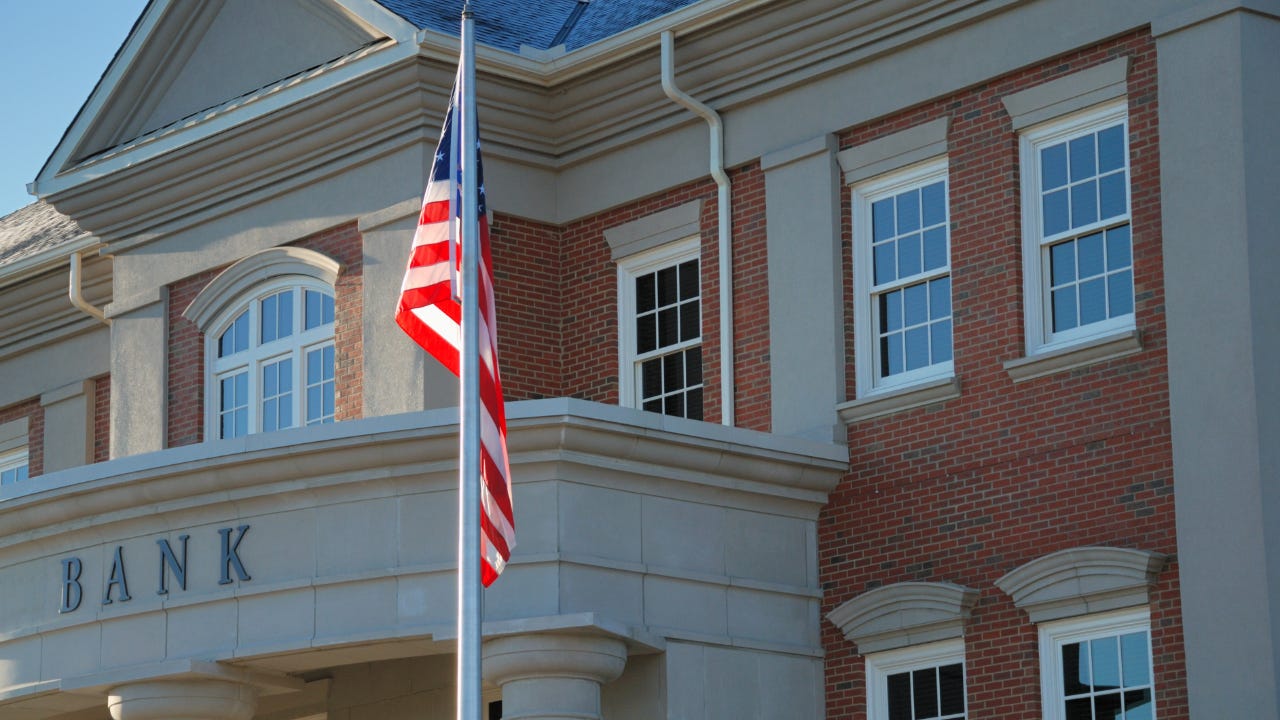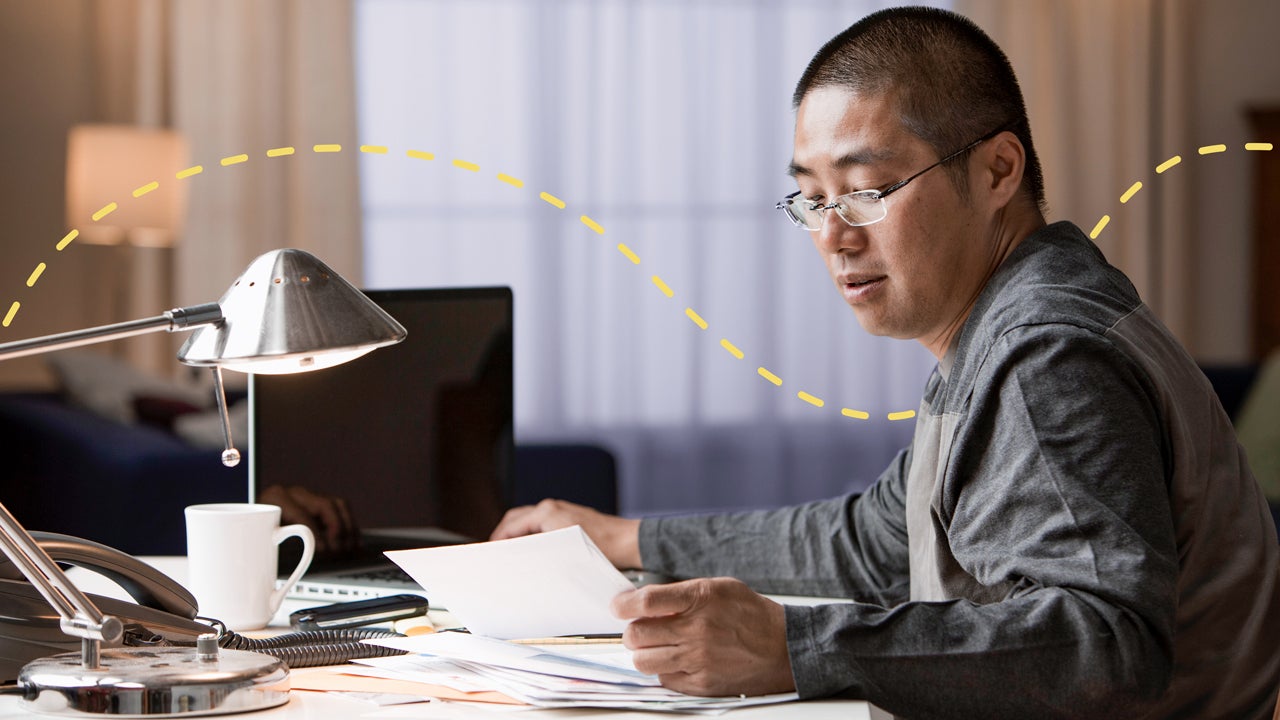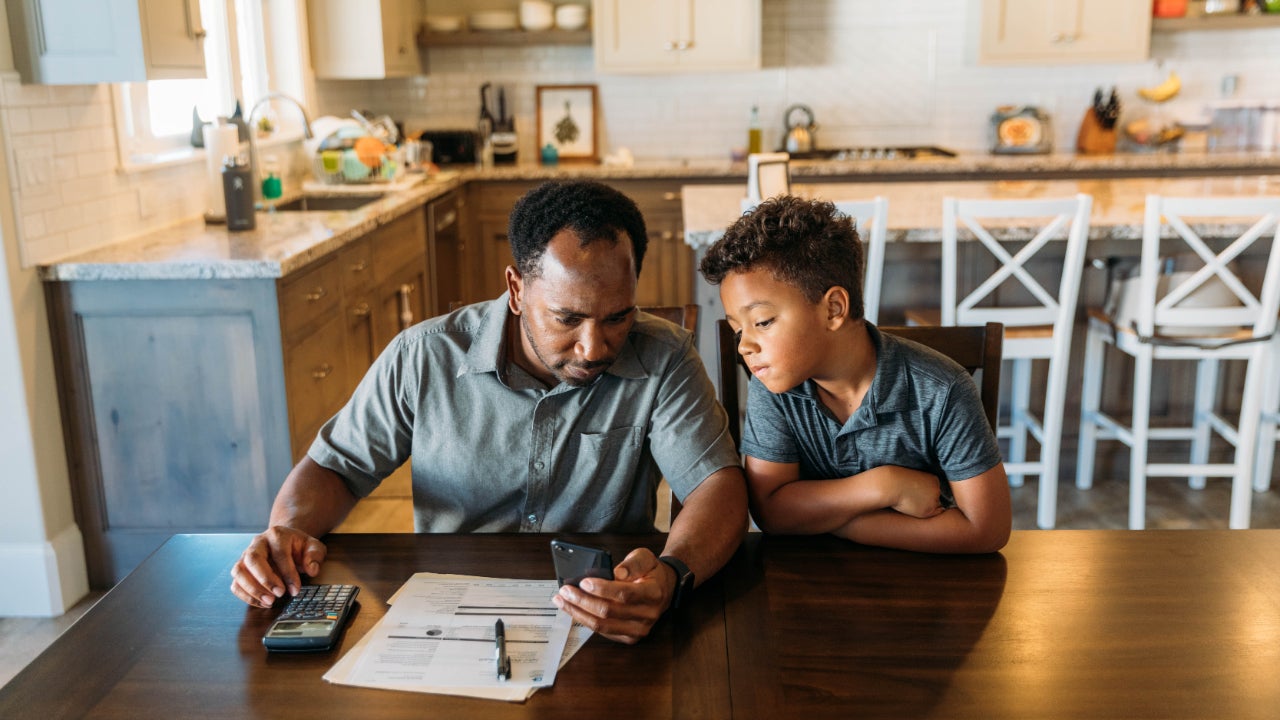What is a certified check? Definition, uses and cost

Key takeaways
- A certified check is a personal check verified by your bank with guaranteed funds set aside for payment.
- Typical costs range from $10 to $20 per certified check, varying by bank and account type.
- Primary uses include large transactions like car purchases, real estate deals, and unfamiliar party transactions.
- Main difference from cashier’s checks: Certified checks draw from your account while cashier’s checks use bank funds.
A certified check is a personal check that your bank has verified and guaranteed, with funds set aside specifically for that payment. Unlike regular personal checks, certified checks provide assurance to recipients that the money is available and the signature is authentic.
Whether you’re buying a car, making a down payment on a house, or conducting business with someone you don’t know well, understanding certified checks can help you navigate large financial transactions safely and efficiently.
What is a certified check?
A certified check is a personal check that an account holder’s bank has confirmed is backed by sufficient funds and bears a legitimate signature. When you request certification, the bank immediately sets aside the check amount from your account, essentially freezing those funds until the check is cashed.
The bank stamps or marks the check to indicate it’s certified, making it an “official check” that recipients can trust. This verification process eliminates the risk of insufficient funds that exists with regular personal checks.
Key features of certified checks:
- Funds are guaranteed and earmarked for the specific payment
- Bank verifies your signature and account standing
- Check receives official bank marking or stamp
- Cannot bounce due to insufficient funds
When to use a certified check
Certified checks are most valuable in situations requiring payment security and verification. Here are the most common scenarios:
- Large purchases: Car purchases, boat sales, or expensive equipment
- Real estate transactions: Down payments, earnest money, or closing costs
- Unfamiliar party transactions: Online marketplace purchases or business deals with new vendors
- Legal settlements: Court-ordered payments or lawsuit settlements
- Security deposits: Large rental deposits or contractor payments
- Business transactions: Business payments where personal checks aren’t accepted
Certified checks provide more security than personal checks but may not be necessary for smaller, routine transactions where the additional cost isn’t justified.
A certified check will cost more than some other payment options. While personal checks typically cost a few cents each, you can expect to pay $15 to $20 for a certified check.
How much does a certified check cost?
Certified check fees typically range from $10 to $20, though costs vary by bank and account type. Here are some current examples:
- Chase Bank: $10 per certified check
- Bank of America: $15 per certified check
- Wells Fargo: $10 per certified check
- Citibank: $10 per certified check
- PNC Bank: $10 to $20 depending on account type
However, how much you’ll pay for a certified check may depend on your account type, relationship with the bank or check amount. Keep in mind that not all banks offer certified checks. Many institutions have moved toward cashier’s checks and money orders as alternatives, so call ahead to confirm availability.
How to get a certified check
Getting a certified check requires visiting your bank in person, as most banks don’t offer this service online or over the phone. Here’s the step-by-step process:
- 1. Contact your bank to confirm they offer certified checks and current fees
- 2. Gather required documents: Valid ID, account information and payee details
- 3. Visit a branch location during business hours
- 4. Request certification from a teller or banker
- 5. Provide payment information: Check amount and recipient name
- 6. Pay the certification fee (typically $10 to $20)
- 7. Verify check details before leaving the bank
The process usually takes 10-15 minutes, and you’ll receive the certified check immediately.
Certified check vs. cashier’s check: What’s the difference?
While both are considered “official checks,” certified checks and cashier’s checks work differently:
| Feature | Certified check | Cashier’s check |
|---|---|---|
| Funds source | Your personal account | Bank’s funds |
| Account requirement | Must have checking account at that bank | Available to non-customers |
| Cost | $10 to $20 | $10 to $15 |
| Security level | High | Higher |
| Availability | Limited bank offering | Widely available |
| Cancellation | More difficult | Easier process |
Which is safer? Cashier’s checks are generally considered slightly more secure because they’re drawn on the bank’s funds rather than your personal account. However, both provide significant security improvements over personal checks.
Which costs more? Costs are similar, though certified checks may be slightly more expensive at some banks.
Learn more about the differences between certified checks and cashier’s checks →
How to protect yourself from fraud
While certified checks are more secure than personal checks, fraud is still possible. Counterfeit official checks can be sophisticated, so it’s important to verify authenticity before accepting payment.
Scammers may create fake certified checks with authentic-looking bank stamps and routing numbers. These counterfeits can initially appear legitimate but will eventually be rejected by the banking system. Here’s how to verify a certified check:
- Contact the issuing bank directly using a phone number you find independently (not one printed on the check).
- Ask to verify the check number and amount with the bank’s records.
- Wait for funds to fully clear before providing goods or services (this can take several business days).
- Be cautious of overpayment scenarios where someone sends more than requested and asks for change back.
- Trust your instincts if something feels suspicious about the transaction.
Bottom line
Certified checks offer a reliable middle ground between personal checks and cashier’s checks for secure transactions. While they cost more than regular checks and aren’t offered by all banks, they provide valuable payment security for large purchases and unfamiliar party transactions.
Before you need one, confirm that your bank offers certified checks and understand their fee structure. For maximum security, consider whether a cashier’s check might be more appropriate for your specific situation.
Ready to explore your banking options? Find the best checking accounts for 2025 →
FAQs about certified checks
Why we ask for feedback Your feedback helps us improve our content and services. It takes less than a minute to complete.
Your responses are anonymous and will only be used for improving our website.
You may also like

What is mortgage underwriting?

Everything you need to know about balance transfer checks





